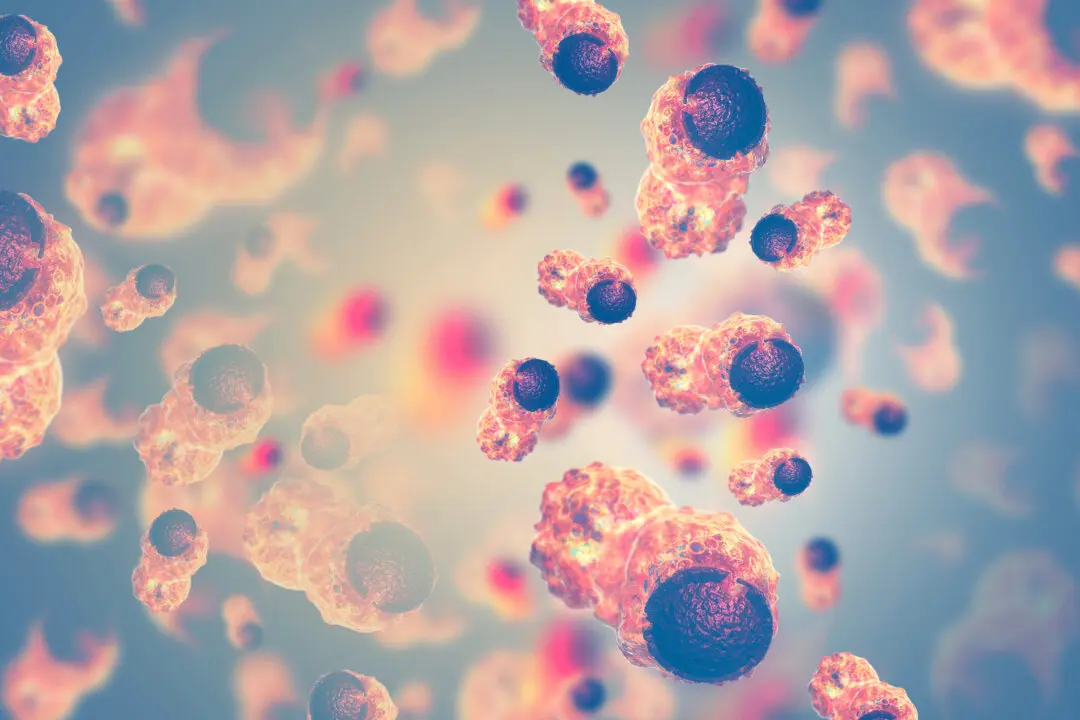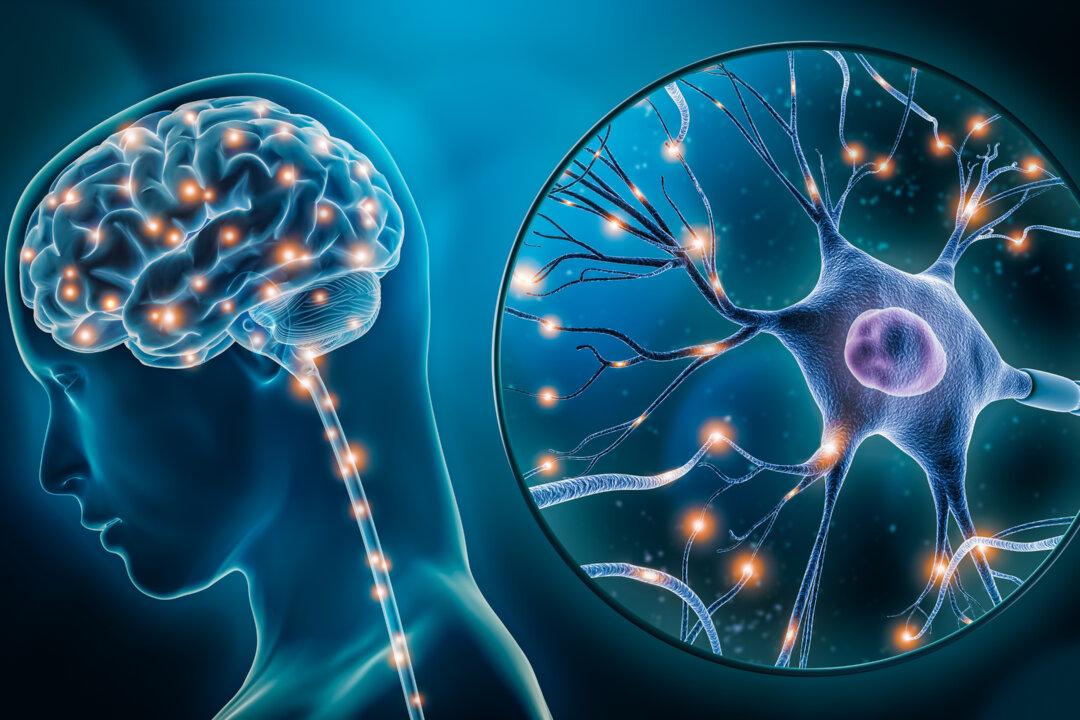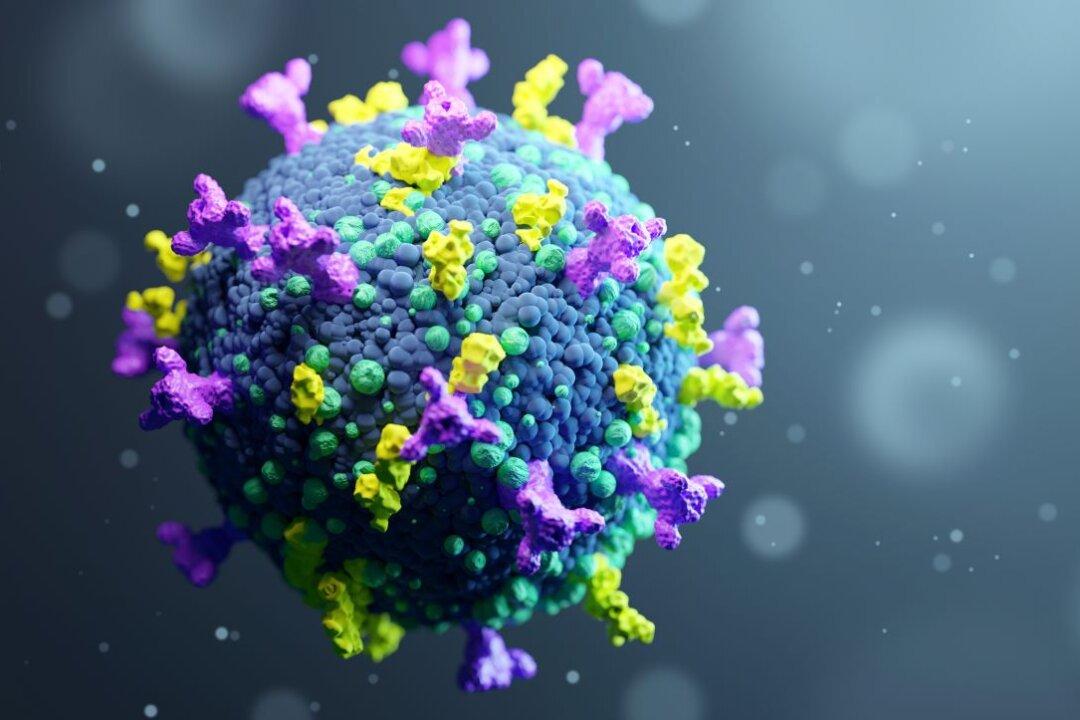This article is part of a series on personality and diseases. There are many personality typing systems, and those various types generally fall into these four categories. We explore the emotional pitfalls of each “type” and explained their causative relationship with disease; it is possible to identify with traits across types, as well as the respective ailments. Read on for an in-depth explanation of this particular type.
In 1985, Lydia Temshok and her colleagues made a surprising discovery—some facets of personality were found to be related to cancer prognosis.






